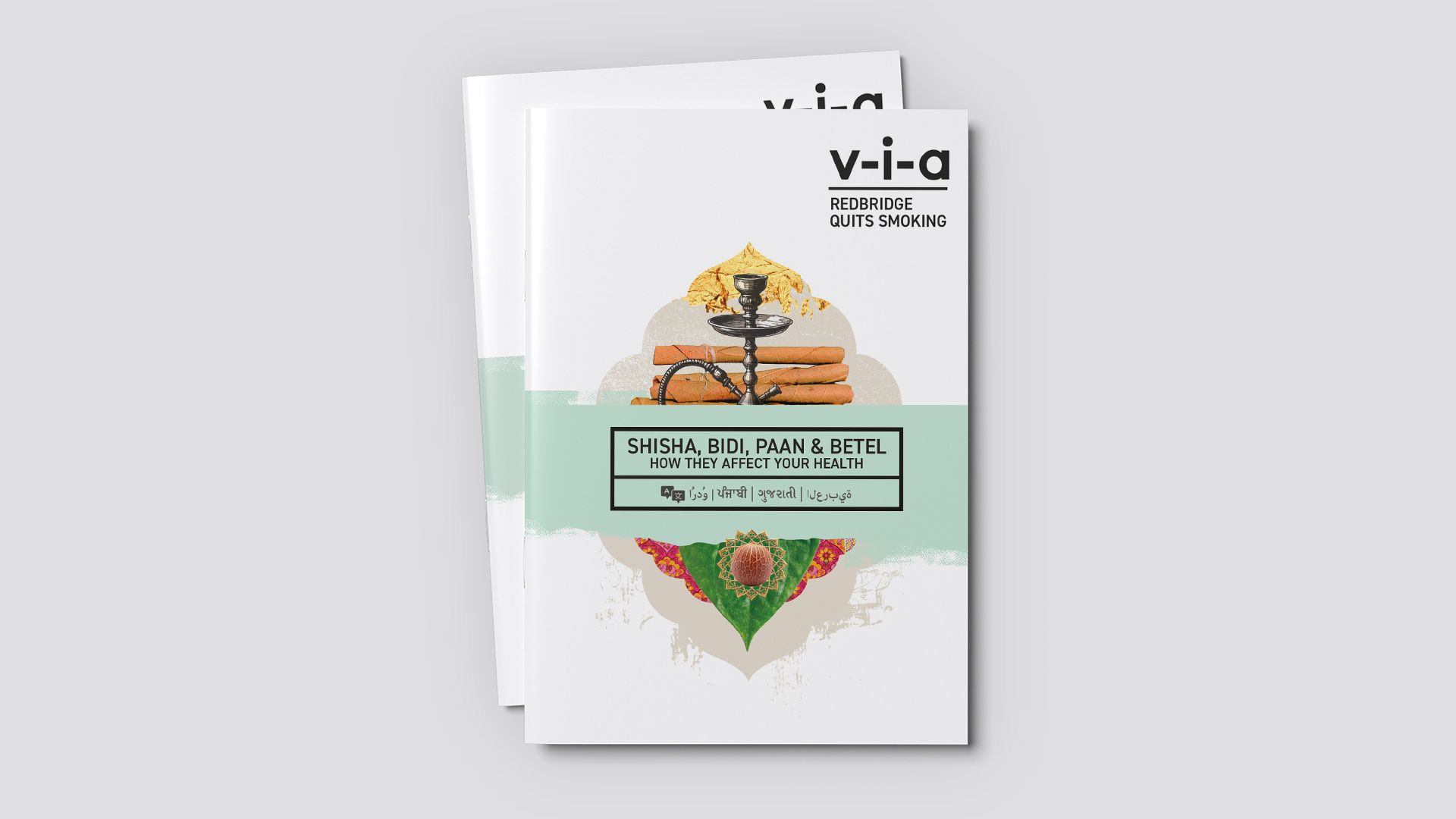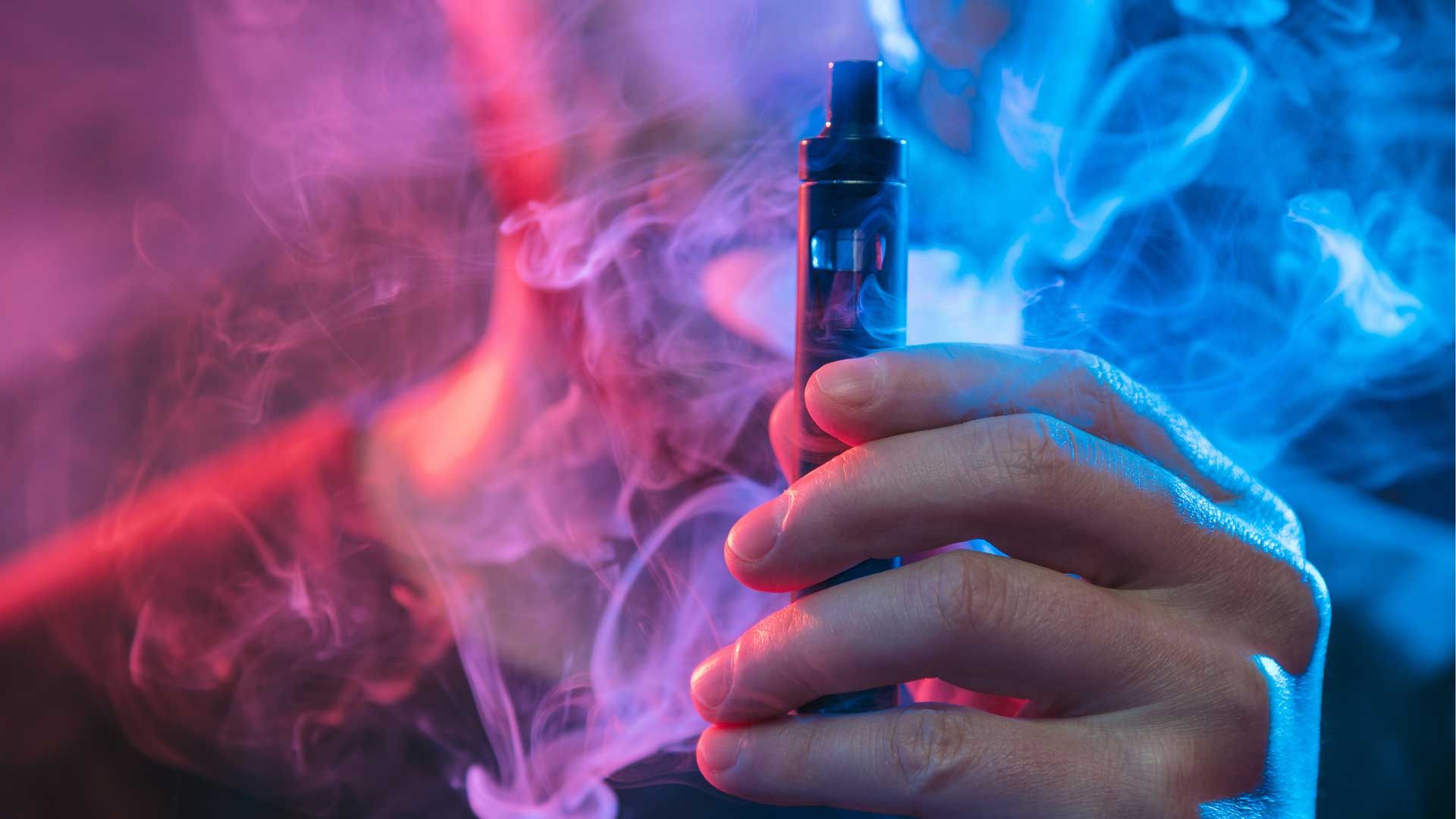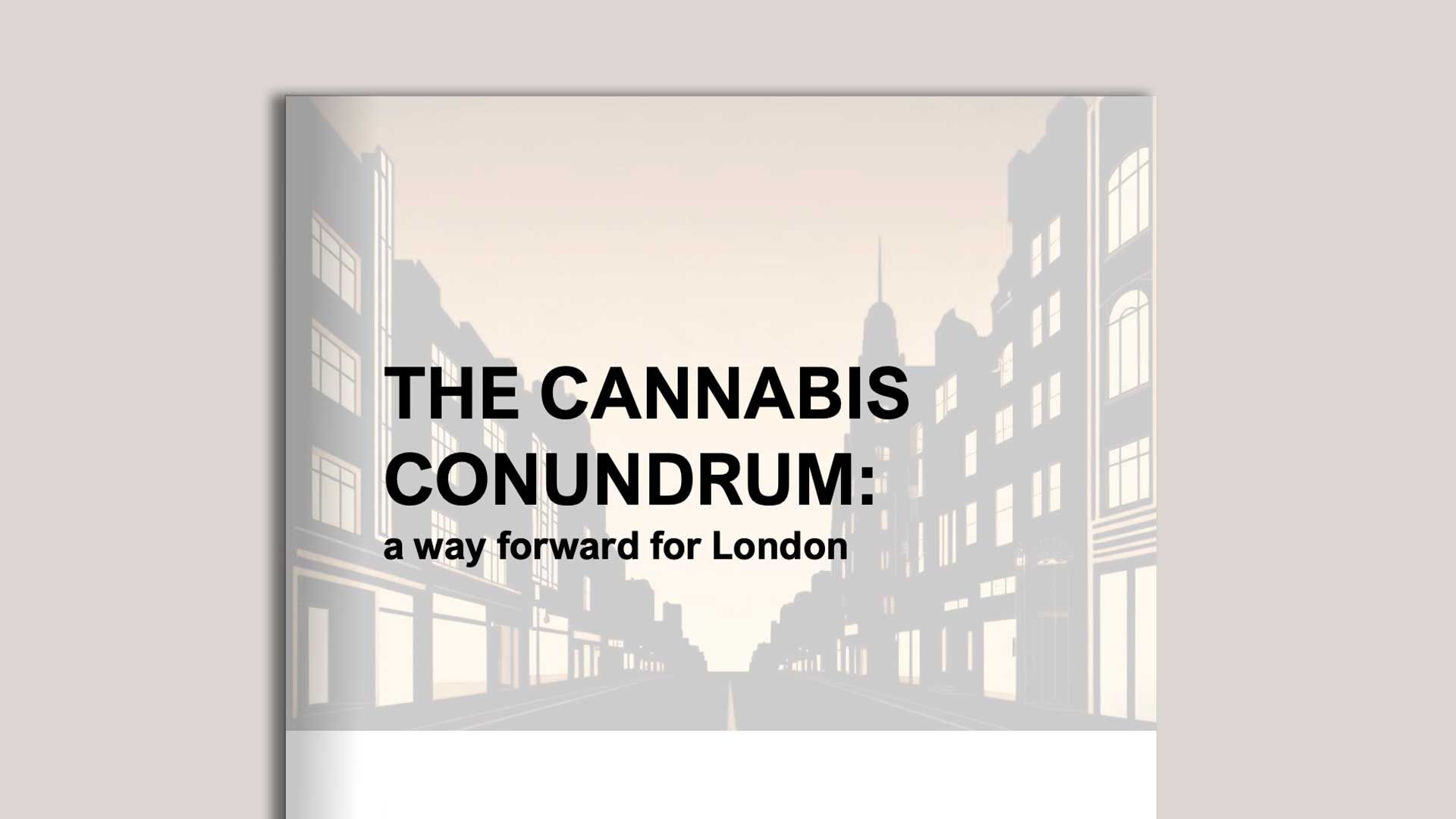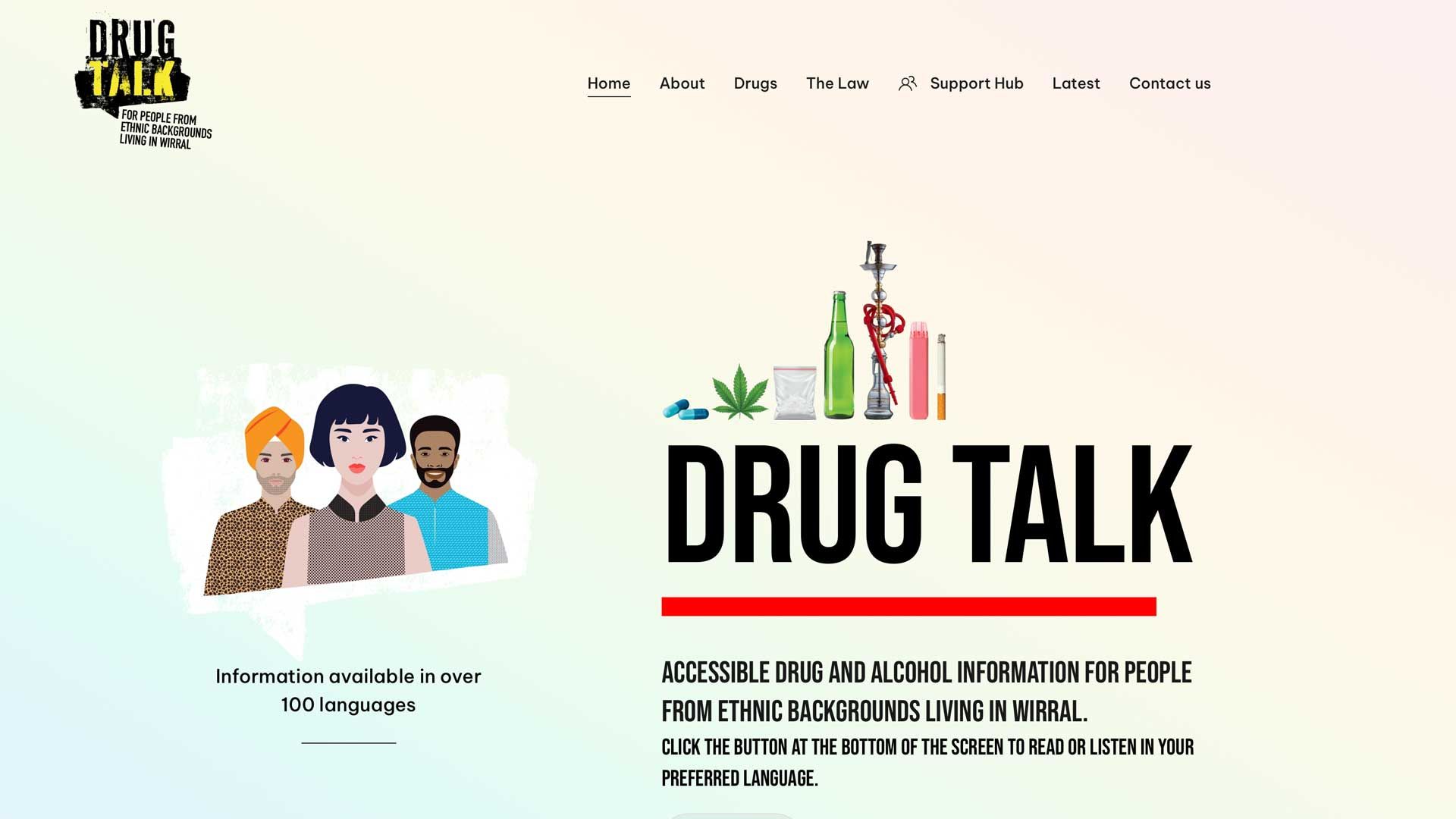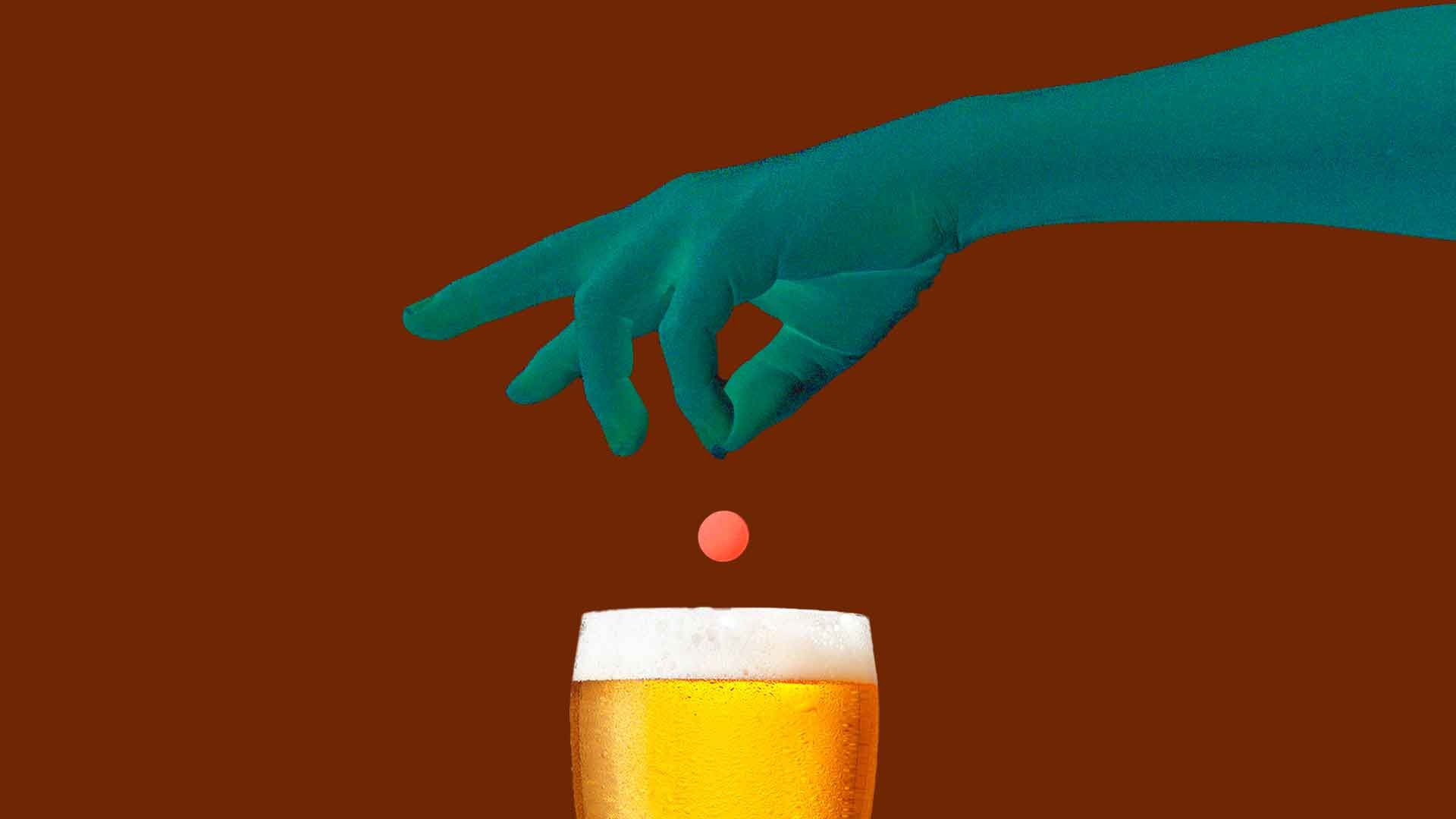Largest study of cannabis use links self-medication to paranoia and poor mental health
UK researchers have found that people who use cannabis to deal with pain, anxiety, or depression are more likely to face paranoia, anxiety, and other mental health problems.
28 August 2025

People who use cannabis to cope with physical or mental health problems are more likely to experience paranoia, anxiety, and depression, according to the largest UK study of its kind.
The research, led by King’s College London’s Institute of Psychiatry, Psychology & Neuroscience (IoPPN) and the University of Bath, analysed data from more than 3,300 adults in the Cannabis & Me survey. Findings published in BMJ Mental Health show that those who first tried cannabis for self-medication—such as for pain, anxiety, depression, or psychotic symptoms—reported significantly higher levels of paranoia than people who started out of curiosity or for recreational reasons.
Dr Edoardo Spinazzola, lead author and research assistant at King’s IoPPN, said cannabis use for self-medication appeared to come with added risks.
“This research suggests that using cannabis as a means to self-medicate physical or mental discomfort can have a negative impact on the levels of paranoia, anxiety and depression,” he said.
Standard THC units could help monitor use
The study also supports developing standardised THC units, similar to alcohol units, to help people track their cannabis use. Professor Tom Freeman, director of the Addiction and Mental Health Group at the University of Bath and a co-author, said such units could play a practical role.
“In future, standard THC units could be used in a similar way to alcohol units, to help people track their cannabis consumption and better manage its effects on their health,” he said.
Trauma in childhood linked to greater risks
A second paper using the same data, published in Psychological Medicine, examines the connection between childhood trauma and cannabis use. More than half of those surveyed said they had experienced trauma as children. Those who went through emotional abuse or family conflict were especially likely to use more cannabis and have higher levels of paranoia.
Dr Giulia Trotta, consultant psychiatrist at King’s IoPPN and first author of the trauma study, said the findings underscored the complex risks for vulnerable groups.
“We have not only established a clear association between trauma and future paranoia, but also that cannabis use can further exacerbate the effects of this, depending on what form the trauma takes,” she said.
Implications for clinicians and public health
The researchers emphasise that uncovering the reasons behind someone’s cannabis use should be central to clinical care. Exploring what motivates people to start could help pinpoint those most vulnerable to mental health issues.
The authors also recommend that public health messages avoid general warnings and instead focus on the specific risks of using cannabis to self-medicate, especially for people who have experienced trauma.
